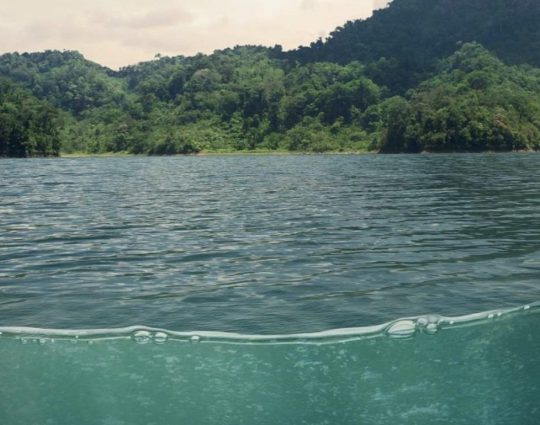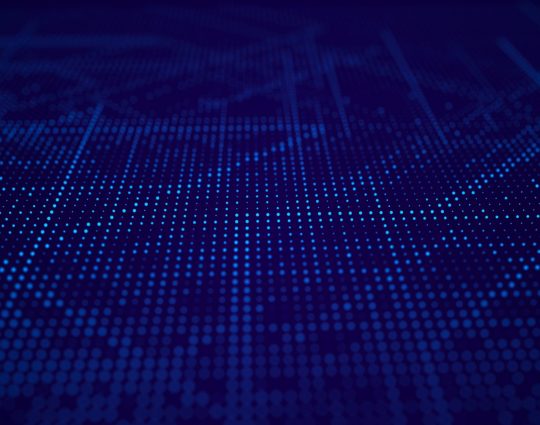
Parsons Laboratory Seminar Series
Please join us for the Ralph M. Parsons Laboratory Environmental Science Seminar Series with Moala Bannavti from MIT. The seminar is in-person at 15 Vassar Street, 48-316.

Student Stories of Sustainability
Join us for an engaging discussion with students who will share their insight and work on sustainability challenges both at MIT and around the globe. Speaker Sophia Chen ('24, Course 2A and 4B) will give a talk titled "How water is key to women's empowerment." Speaker Runako Gentles ('24, Course 1) will give a talk titled "Helping Jamaica adapt to climate change." This event is in room 1-236 and hosted by MIT Chapter of Chi Epsilon in collaboration with the MIT Office of Sustainability, MIT Climate and Sustainability Consortium, and Department of Civil and Environmental Engineering . Food will be provided.

Parsons Laboratory Seminar Series
Please join us for the Ralph M. Parsons Laboratory Environmental Science Seminar Series with Damian Helbling from Cornell University who will be discussing "Biotransformation of trace organic contaminants in the environment: experimental investigation and tools for pathway prediction." The seminar is in-person at 15 Vassar Street, 48-316.

Student Stories of Sustainability
Join us for an engaging discussion with students who will share their insight and work on sustainability challenges both at MIT and around the globe. Speaker Lilly Heilshorn ('25, Course 2A) will give a talk titled "Enhancing quality of life through sustainable water practices in Madagascar." Speaker Robert Fetell (PhD, Course 1) will give a talk on "The mining race to net zero." This event is hosted in room 1-131 by the MIT Office of Sustainability, MIT Climate and Sustainability Consortium, and MIT Chapter of Chi Epsilon. Food will be provided.

Parsons Laboratory Seminar Series
Please join us for the Ralph M. Parsons Laboratory Environmental Science Seminar Series with Sutanu Sarkar from University of California, San Diego who will be discussing "Oceanic flows at bottom topography." The seminar is in-person at 15 Vassar Street, 48-316.

CEE Graduate Student Seminar Series
Join us for the CEE Graduate Student Seminar Series with Vindula Jayawardana from the Wu Lab, LIDS, and EECS who will be discussing "Mitigating Metropolitan Carbon Emissions with Semi-autonomous Vehicles" and Dat Quoc Ha from the Carstensen Group who will be discussing "Playing video games as a profession - a perspective." This seminar is in 48-316.

Student Stories of Sustainability
Join us for an engaging discussion with students who will share their insight and work on sustainability challenges both at MIT and around the globe. Speaker Kathleen Julca ('25, Course 11) will give a talk on "Indigenous water technology and sovereignty in Andean Highlands." Speaker Melissa Stok ('24, Course 3 and 6-2) will give a talk titled "Stories of designing out waste at MIT." This event is hosted in room 1-236 by the MIT Office of Sustainability, MIT Climate and Sustainability Consortium, and MIT Chapter of Chi Epsilon. Food will be provided.

Parsons Laboratory Seminar Series
Please join us for the Ralph M. Parsons Laboratory Environmental Science Seminar Series with Jennifer Bhatnagar from Boston University who will be giving a talk titled "Tree-fungal Interactions in the Urban Biome." The seminar is in-person at 15 Vassar Street, 48-316.

Student Stories of Sustainability
Join us for an engaging discussion with students who will share their insight and work on sustainability challenges both at MIT and around the globe. Speaker Jayashabari Shankar ('27, Course 5-7, 9) will give a talk on "Briquettes: Creating eco-friendly sources of fuel from waste material in Chisinga, Malawi." Speaker Megan Lim ('24, Course 15-1) will give a talk on "Engaging in climate action as a student - get involved in current efforts." This event is in room 1-131 and hosted by the MIT Chapter of Chi Epsilon, in collaboration with the MIT Office of Sustainability, MIT Climate and Sustainability Consortium and Department of Civil and Environmental Engineering. Food will be provided.

Parsons Laboratory Seminar Series
Please join us for the Ralph M. Parsons Laboratory Environmental Science Seminar Series with Liat Shenhav from New York University, who will be giving a talk titled "It's about time: ecological and eco-evolutionary dynamics across the scales." The seminar is in-person at 15 Vassar Street, 48-316.

